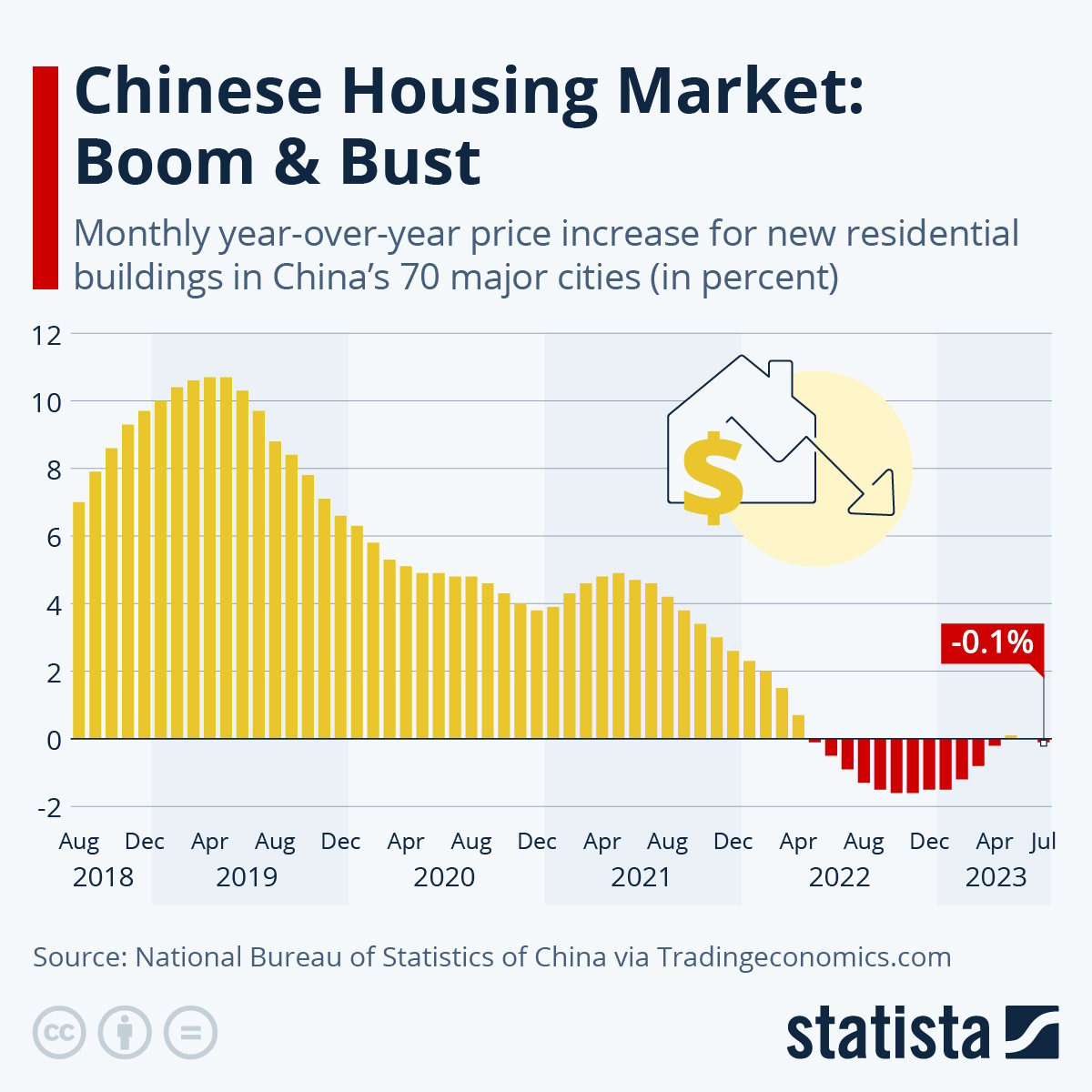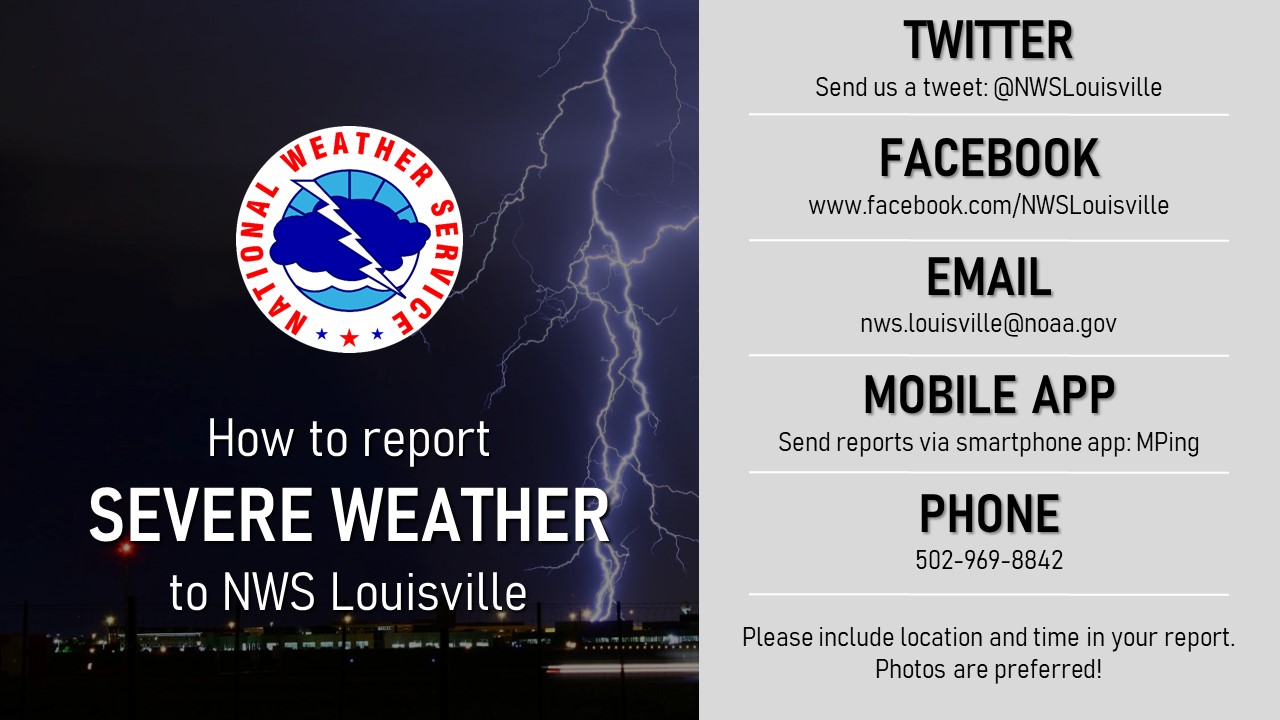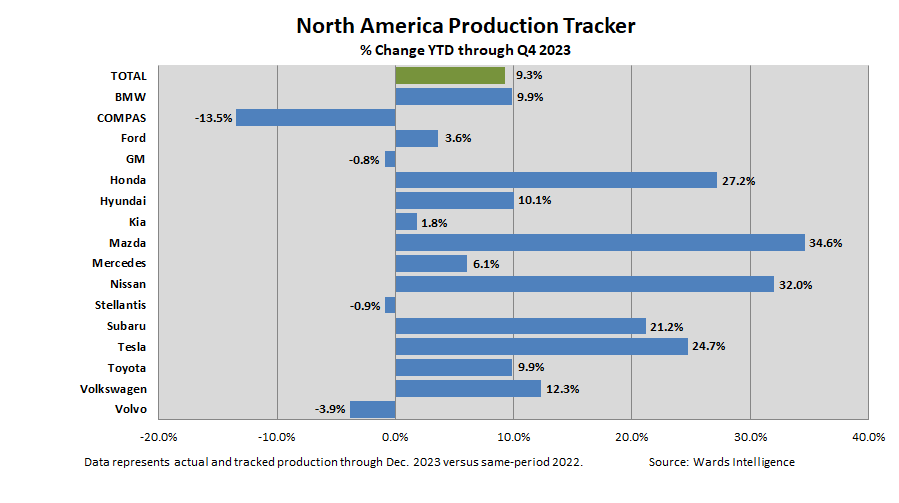Chicago's Zombie Office Buildings: A Real Estate Crisis

Table of Contents
The Definition and Scope of the Problem: Understanding Chicago's Zombie Office Buildings
"Zombie" office buildings in Chicago are defined as largely vacant commercial properties that are significantly deteriorated due to deferred maintenance and lack of investment. These buildings represent a significant drain on city resources, negatively impacting surrounding property values and neighborhood vitality. While a precise number is difficult to obtain, anecdotal evidence and observation suggest a substantial increase in these properties across various neighborhoods, particularly in areas that experienced rapid growth in the pre-pandemic era followed by a sharp downturn. Examples include certain buildings in the Loop, as well as some older office parks on the city’s outskirts.
- High vacancy rates and prolonged periods of vacancy: Many of these buildings have remained vacant for years, contributing to a sense of urban decay.
- Deferred maintenance leading to deterioration and safety hazards: Neglect leads to structural issues, broken windows, and other safety concerns.
- Negative impact on surrounding property values and neighborhood vitality: The presence of these derelict buildings can depress property values and discourage investment in surrounding areas.
- Burden on city resources (taxes, potential emergency response needs): These buildings often continue to generate property taxes, even though they generate no revenue, placing a burden on the city's budget. They also present potential safety and emergency response challenges.
Causes of the Zombie Office Building Phenomenon in Chicago
Several factors contribute to the rise of Chicago zombie office buildings.
The Impact of Remote Work
The shift to remote work post-pandemic drastically reduced demand for office space. Many companies downsized or completely abandoned their physical offices, leaving behind a glut of vacant properties. This sudden shift caught many building owners unprepared, leaving them struggling to find new tenants in a rapidly changing market.
Economic Downturns and Market Fluctuations
Chicago, like other major cities, is susceptible to economic cycles. Recessions or periods of economic uncertainty can impact businesses' ability to afford office space, leading to increased vacancies and owners' inability to maintain their properties. This is especially true for older buildings with higher operating costs.
Outdated Infrastructure and Lack of Modern Amenities
Many older office buildings in Chicago lack the modern amenities and infrastructure that attract tenants in today's competitive market. This includes outdated HVAC systems, inefficient energy use, limited technology infrastructure, and a lack of desirable common areas and amenities.
- Increased competition from newer, more modern office spaces: Newer buildings often offer superior amenities and a more attractive work environment.
- Difficulty in securing financing for renovations or repurposing: Obtaining loans or financing for renovations or adaptive reuse can be challenging, especially for older, less desirable buildings.
- Rising property taxes and operating costs: High property taxes and operational expenses can make it financially unsustainable to maintain vacant properties.
- Lack of investment in building upgrades: Building owners may be hesitant to invest in upgrades if the market demand is uncertain.
Consequences of the Zombie Office Building Crisis in Chicago
The proliferation of Chicago zombie office buildings has significant economic, social, and environmental consequences.
Economic Impact
The crisis leads to a loss of tax revenue for the city, reduced employment opportunities in related industries (construction, property management, etc.), and a negative ripple effect on surrounding businesses. The decline in property values also reduces the city's overall tax base.
Social Impact
Vacant and dilapidated buildings often become havens for crime and attract undesirable activity. This creates safety concerns for residents and negatively impacts the community's overall sense of well-being and security. The visual blight associated with these buildings also diminishes the attractiveness of neighborhoods.
Environmental Impact
Neglected buildings can present environmental hazards due to asbestos, lead paint, and other potential contaminants. Furthermore, inefficient energy consumption in vacant properties contributes to unnecessary energy waste and increased carbon emissions.
- Decreased property values in neighboring areas: The presence of these buildings negatively impacts the value of nearby properties.
- Strain on city services and budgets: Increased policing, emergency services, and code enforcement efforts are needed to address issues related to these buildings.
- Negative effects on community morale and attractiveness: The sight of dilapidated buildings can create a sense of neglect and discourage investment and economic development.
- Potential environmental risks due to neglect and deterioration: The buildings pose potential environmental hazards if not properly managed.
Potential Solutions and Strategies for Revitalization
Addressing the crisis of Chicago zombie office buildings requires a multi-pronged approach.
Government Incentives and Tax Breaks
The city could offer tax breaks, abatements, and other incentives to encourage developers to redevelop or repurpose these vacant properties. This could include accelerated depreciation schedules or tax increment financing (TIF) districts.
Creative Redevelopment Strategies
Converting these buildings into residential units, mixed-use developments (combining residential, commercial, and potentially recreational spaces), or other creative uses can breathe new life into these spaces. This will require zoning flexibility and potentially public investment in infrastructure upgrades.
Public-Private Partnerships
Collaborations between the city and private developers are crucial. The city could provide land-use approvals, infrastructure improvements, and other forms of support, while private developers contribute capital and expertise to revitalize these properties.
- Tax abatements for renovations and adaptive reuse projects: Reducing property taxes can make redevelopment projects more financially viable.
- Zoning changes to allow for flexible building usage: Updating zoning codes can allow for more diverse uses of the buildings.
- Investment in infrastructure improvements in affected areas: Improved infrastructure can attract further investment and development.
- Subsidized loans or grants for redevelopment projects: Providing financial assistance can help to overcome financial barriers to redevelopment.
Conclusion
Chicago's zombie office buildings represent a significant challenge to the city's economic and social fabric. Addressing this crisis requires a multifaceted approach involving government intervention, private sector investment, and creative solutions to repurpose vacant spaces. By implementing strategies that incentivize redevelopment, improve infrastructure, and adapt to the changing demands of the modern workplace, Chicago can transform these "zombie" buildings into vibrant assets that contribute to the city's overall growth and prosperity. Let's work together to address the issue of Chicago zombie office buildings and revitalize our urban landscape. Contact your local alderman and advocate for solutions to address the growing number of vacant and blighted properties in your neighborhood.

Featured Posts
-
 German Interior Minister Attributes Low Migration To Border Controls Post Covid
Apr 29, 2025
German Interior Minister Attributes Low Migration To Border Controls Post Covid
Apr 29, 2025 -
 How To Successfully Purchase Capital Summertime Ball 2025 Tickets
Apr 29, 2025
How To Successfully Purchase Capital Summertime Ball 2025 Tickets
Apr 29, 2025 -
 M Ivaskeviciaus Isvarymas 11 Svarstymu Apie Spektakli Filma Ir Konteksta
Apr 29, 2025
M Ivaskeviciaus Isvarymas 11 Svarstymu Apie Spektakli Filma Ir Konteksta
Apr 29, 2025 -
 Kentucky Severe Weather Awareness Week Nws Preparedness
Apr 29, 2025
Kentucky Severe Weather Awareness Week Nws Preparedness
Apr 29, 2025 -
 Understanding The Difficulties Of All American Production
Apr 29, 2025
Understanding The Difficulties Of All American Production
Apr 29, 2025
